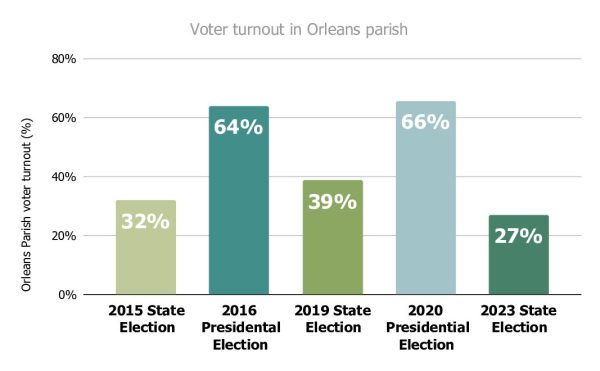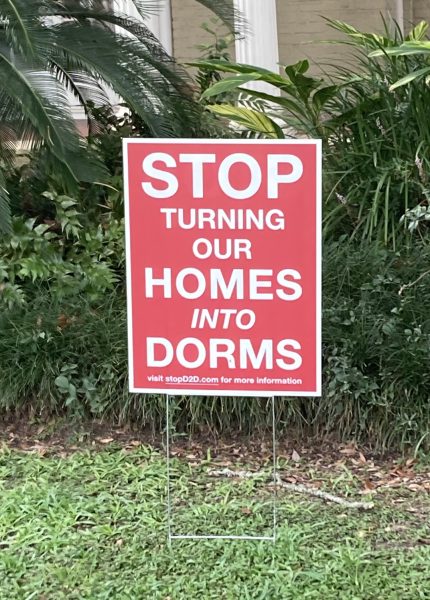The increase of parking meter rates impacts industry worker’s pockets
February 17, 2016
Parking rates increase in New Orleans from Gabriel Garza on Vimeo.
Downtown service industry workers are feeling their livelihoods threatened by the city with increased parking rates.
On Jan. 11, on-street parking rates doubled in several downtown areas and enforcement hours are now to 7 p.m. instead of 6 p.m.
While Mayor Mitch Landrieu said in a statement that the price increase is designed to manage on-street parking more effective in heavily trafficked areas, those who work downtown said they feel the city government is taking their money in what feels like a forced pay cut.
Sophie Evens, a waitress who works the day shift at a restaurant in the Warehouse District, said with the meters charging $3 an hour now, instead of $1.50, she pays at least $20 a day.
This is not the only challenge Evans faces when it come to parking downtown. As a waitress, she doesn’t always get a chance to pay the meter and is constantly getting ticketed.
“I feel like I work to pay my tickets off,” Evans said. “I was like two minutes late the other day and they got me.”
Max Ortiz, co-owner and general manager of Root, said he now has more employees that are frequently late because they are parking far away to avoid the high cost of parking. He said his staff is even more annoyed to work the already unpopular lunch shifts and fears he may loose some of his best employees.
“You know lunches are not always the most profitable shifts. Sometimes servers walk out with $20 or $30 and now you’re spending that much just on parking,” Ortiz said. “I think they might push away some of the good talent with this move.”
While some service industry workers can utilize public transportation or bike to work, these are not options for others, like Evans, who live further away in places like Metairie.
Buses and bicycles are also problematic for those working the night shift as most city bus routes stop at 10 p.m.
For Stacy Yarborough, safety became her main concern after she was attacked and robbed while biking home after leaving work in the Central Business District.
She now rides her bike to work and relies on her husband to pick her up afterwards. Despite only having to pay for three and half hours of parking, Yarborough calculated that it would cost around $2,000 a year to drive her car.
“I think that it’s a way to supplement the city’s income with the budget crisis they’re having,” Yarborough said. “The people that are working in the French Quarter, in the CBD, they’re the ones that are hurt the most.”















